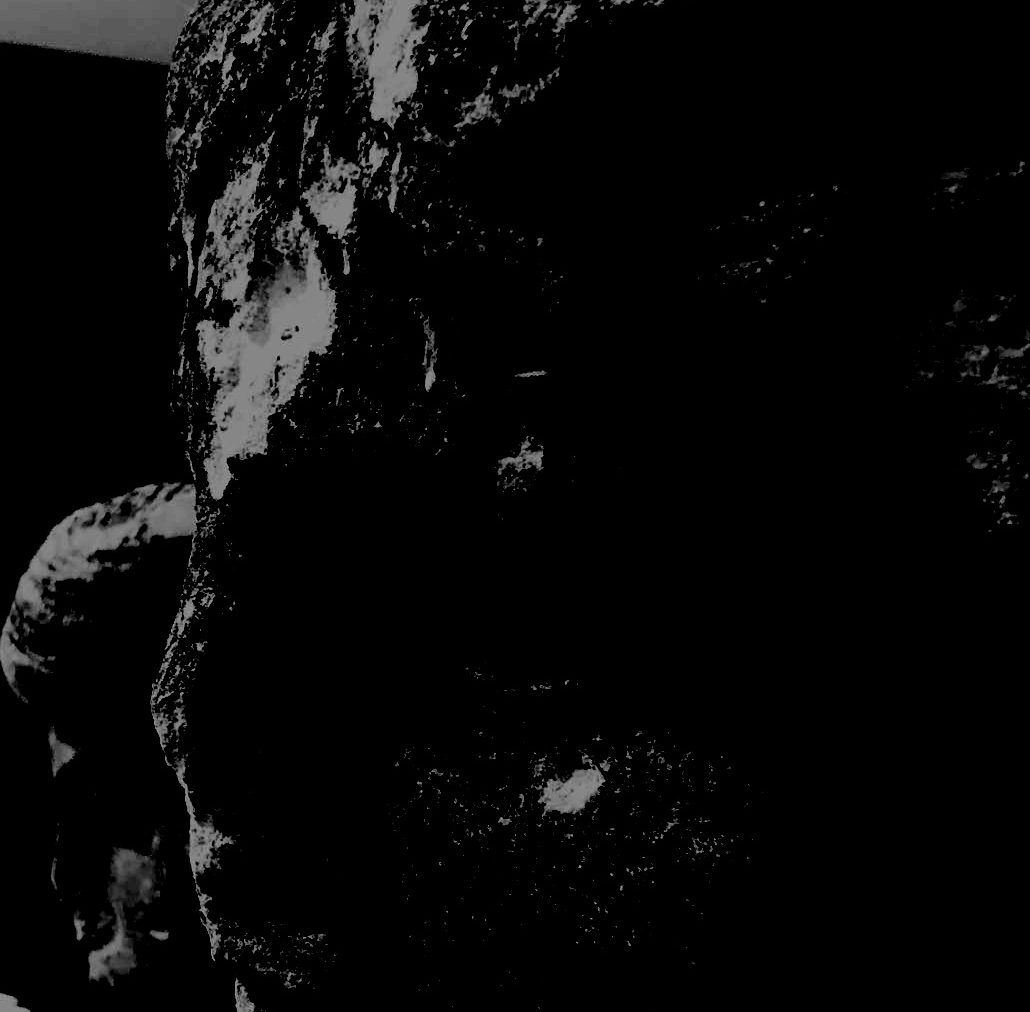Perhaps it all began in the philosophizing-thinking of Nietzsche; or perhaps the origin is elsewhere and very far from Nietzsche and his time, yet it waited for his words to realize its full force: “God is dead”.
In The Gay Science, Nietzsche says the words whose echoes have both extended themselves and been extended to reach and hold within themselves that which was supposed to be unreachable and uncontained.
In The Anti-Christ, Nietzsche introduces that from out of which his thinking-philosophizing of religion arises and says that religion occurs and holds sway only in its turning away from “reality”, toward the “imaginary”.
Religion and the Imaginary
“In Christianity neither morality nor religion come into contact with reality at any point. Nothing but imaginary causes (“God”, “soul”, “ego”, “spirit”, “free will”, – or “unfree will”); nothing but imaginary effects (“sin”, “redemption”, “grace”, “punishment”, “forgiveness of sins”). A traffic between imaginary beings (“God”, “spirits”, “souls”); an imaginary natural science (anthropocentric; complete lack of the concept of natural causes); an imaginary psychology (nothing but self- misunderstandings, interpretations of pleasant or unpleasant general feelings, for example the condition of the nervus sympatheticus, with the aid of the sign-language of religio-moral idiosyncrasy – “repentance”, “sting of conscience”, “temptation by the Devil”, “the proximity of God”); an imaginary teleology (“the kingdom of God”, “the Last Judgment”, “eternal life”)”
Friedrich Nietzsche, The Antichrist
Religion is a turning toward, and a dwelling, in the imaginary and imagination. Religion is an imagining forced into existing and existence, forced into appearing as reality. This turning/dwelling is the holding sway of religion. But if thinking is to take place, the imaginary and the imagination pervading the religious doctrines of psychology, ethics, cosmology, teleology, and even science can be discovered.
Humanity
“I call Christianity the one great curse, the one great intrinsic depravity, the one great instinct for revenge for which no expedient is sufficiently poisonous, secret, subterranean, petty – I call it the one mortal blemish of mankind”
Friedrich Nietzsche, The Antichrist
Religion is the imaginary rendering corrupt and threatening humanity. There is a force of destruction and corruption lying at the heart of religion and directed toward humanity. Nietzsche calls this force “the one great curse”.
Yet religion, according to Nietzsche, also opens up a space in which a new hope for humanity dwells, a new possibility of a different thinking, a different philosophizing. That is, it is only in our disappointment and disillusion, resulting from how religion has come to pass, a new world of possibilities appears before us and opens itself up for us, a world arising only from the conviction that religion was a mistake and an error. This conviction opens up a new space for us and brings us into it.
For more articles on the “death of God”, read Heidegger: The Death of God, Metaphysics, and Poetry and Philosophy and the paradox of the death of God.

